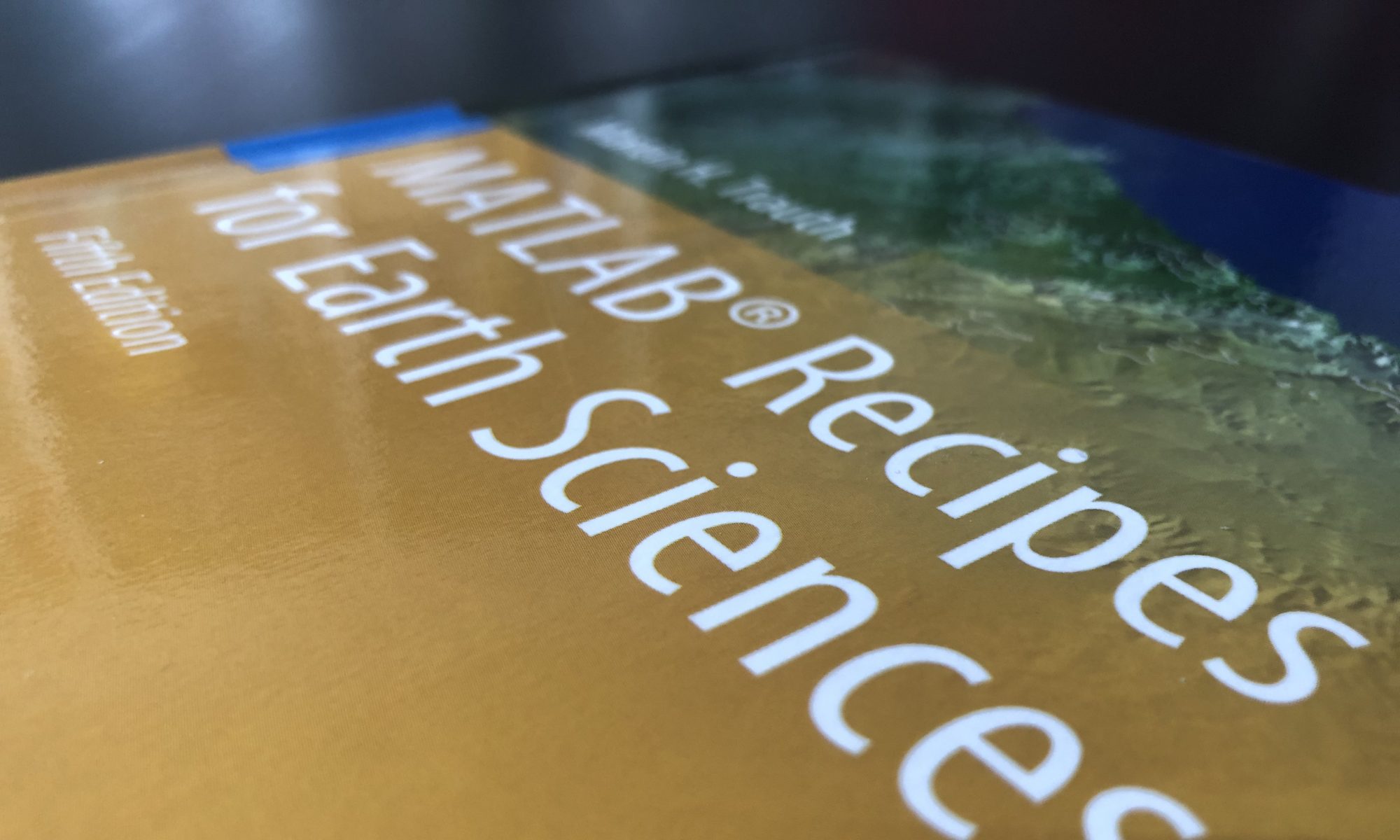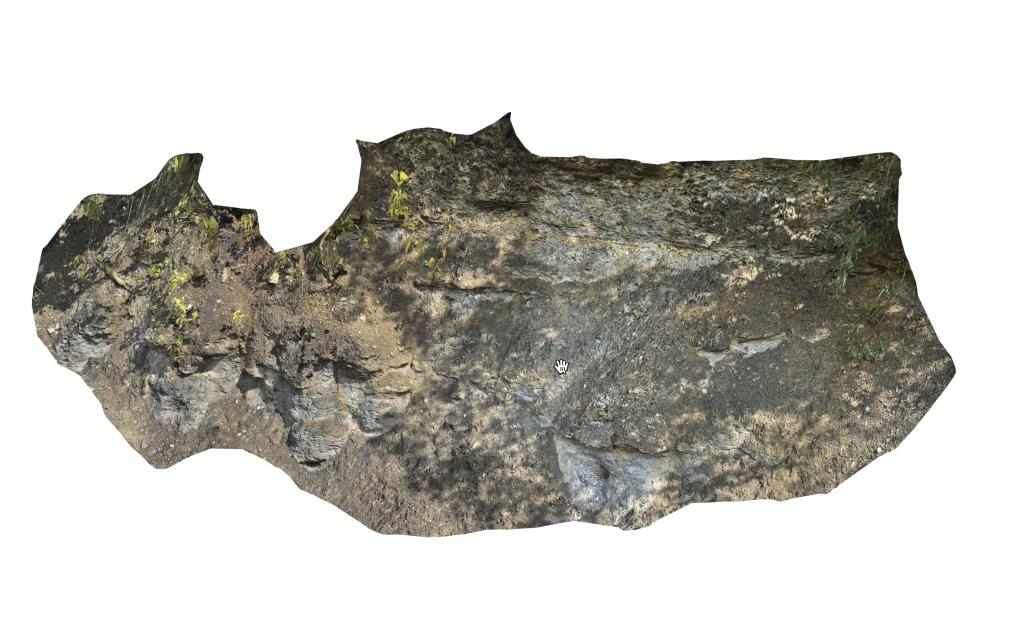
I just published a the 2nd edition of my textbook “Python Recipes for Earth Sciences” with Springer. This is the Python version of the MATLAB textbook “MATLAB Recipes for Earth Sciences” that will appear in its 6th edition later this year.
Continue reading “New Edition of “Python Recipes for Earth Sciences” (Springer 2024)”







